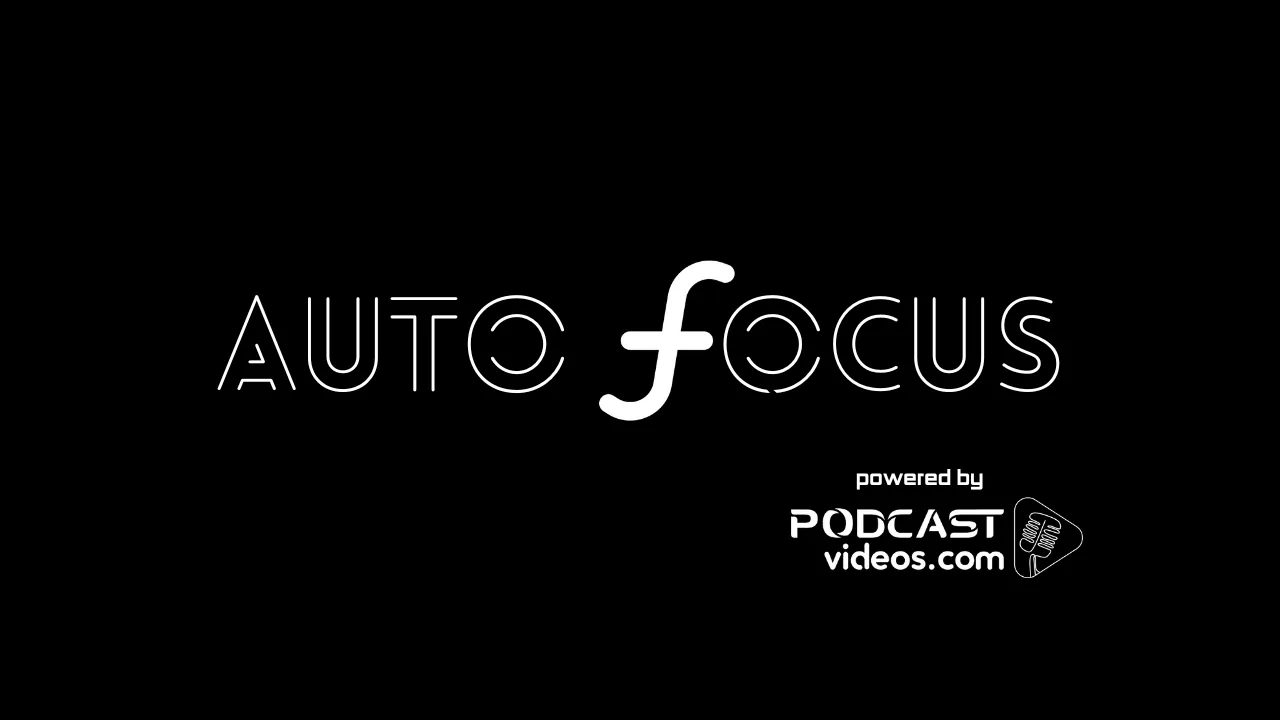Google's latest foray into podcasting, introduced this month, is an experimental feature called Daily Listen, a personalized audio experience that converts content from users’ Discover feeds into podcast-style summaries.
This innovation, powered by artificial intelligence, aims to make information consumption more accessible by providing hands-free, tailored audio recaps.
The app targets users who prefer on-the-go content, particularly during commutes or multitasking.
The launch of Daily Listen marks the company’s latest foray into the podcasting world, following a history of mixed successes and notable shutdowns, including the discontinuation of Google Podcasts.
The Technology Behind Daily Listen
Daily Listen uses advanced AI algorithms to curate and narrate content based on users’ individual preferences. Articles and news pieces from the Discover feed are transformed into concise audio segments, creating an experience akin to a personalized podcast.
This builds on the capabilities demonstrated by NotebookLM’s Audio Overviews, which gained attention for their realistic audio quality and interactive approach, simulating discussions between virtual hosts.
Google's consistent focus on personalization and AI-driven solutions aligns with broader trends in content consumption, catering to audiences seeking efficiency and convenience.
Google’s Mixed History in Podcasting
Google’s venture into podcasting began in earnest with Google Podcasts, launched in 2018 as a dedicated app for podcast discovery and listening.
Despite initial enthusiasm and integration with Google Assistant and search capabilities, the product failed to gain a competitive edge against platforms like Spotify and Apple Podcasts. Google Podcasts struggled with user retention and lacked innovative features, leading to its closure in 2024.
The company later pivoted toward AI-powered initiatives, such as NotebookLM, a research and note-taking tool that introduced an Audio Overviews feature in 2023.
This tool allowed users to generate podcast-like summaries from their documents, leveraging AI for lifelike voice generation and conversation-style narration. These earlier experiments set the stage for Daily Listen.
AI-Generated Podcasts: Competitive Landscape
Google’s push into AI-driven podcasting reflects a larger movement within the industry. Several competitors have already made strides in this space, offering diverse tools to streamline podcast creation.
Platforms like Jellypod and Wondercraft specialize in automating podcast production, including scripting and voice generation. These tools cater to creators looking to produce professional-quality content with minimal effort, from independent podcasters to large organizations.
Additionally, companies like ElevenLabs and OpenAI have developed advanced text-to-speech technologies, enabling multilingual and highly realistic voice generation. Spotify, too, has incorporated AI into its offerings, with features like AI-generated playlists and personalized Wrapped summaries.
In December 2024, Spotify introduced an experimental AI-generated podcast that analyzed users’ listening habits, blending entertainment with personalized insights.
Personalization and Convenience in Audio Content
The success of AI-generated podcasts stems from their ability to offer hyper-personalized experiences.
Features like Google’s Daily Listen align with growing consumer demand for customized content, tailored not only to personal interests but also to daily habits and routines. This trend highlights the growing intersection of AI and media, where algorithms can predict and deliver content that resonates most with users.
Such innovations are also reshaping how audiences engage with content. Podcast-style audio summaries enable users to consume information in previously underutilized moments, such as while driving or exercising. The convenience factor has made these tools particularly appealing, especially as people seek ways to stay informed without being tethered to screens.
Challenges in AI-Generated Podcasting
Despite its promise, AI-generated podcasting faces significant hurdles. One of the main criticisms is the potential loss of authenticity and emotional depth.
While AI-generated voices have become increasingly realistic, they often lack the nuances and spontaneity of human hosts, which could affect listener engagement. Ethical concerns also loom large, particularly around voice cloning and the potential misuse of such technology to create deceptive or harmful content.
Moreover, the growing reliance on AI raises questions about the originality of content. Critics argue that AI-generated material risks becoming formulaic, as algorithms may prioritize efficiency over creativity.
These challenges underscore the need for balance, ensuring that AI complements rather than replaces human ingenuity in podcasting.
The Broader Implications of AI in Media
Google’s Daily Listen is part of a broader trend toward integrating AI into media and content creation. Similar to the rise of AI-generated art and writing, AI-driven podcasting reflects a shift in how content is produced, consumed, and monetized.
For Google, this initiative represents not only a reimagining of its podcasting strategy but also a continuation of its efforts to embed AI into its ecosystem. The failure of Google Podcasts underscores the importance of innovation and adaptability in the highly competitive podcasting space.
Companies across industries are taking note of these trends. AI tools are increasingly being used to democratize content creation, making high-quality production accessible to creators of all sizes. However, the success of these tools will depend on their ability to address the unique needs and expectations of audiences while navigating ethical and creative challenges.
Google’s Daily Listen exemplifies the potential of AI to transform the podcasting landscape, offering personalized, efficient, and accessible audio content.
While it builds on the lessons learned from previous efforts, such as the shuttered Google Podcasts and NotebookLM, its success will depend on user adoption and its ability to stand out in a crowded market.










